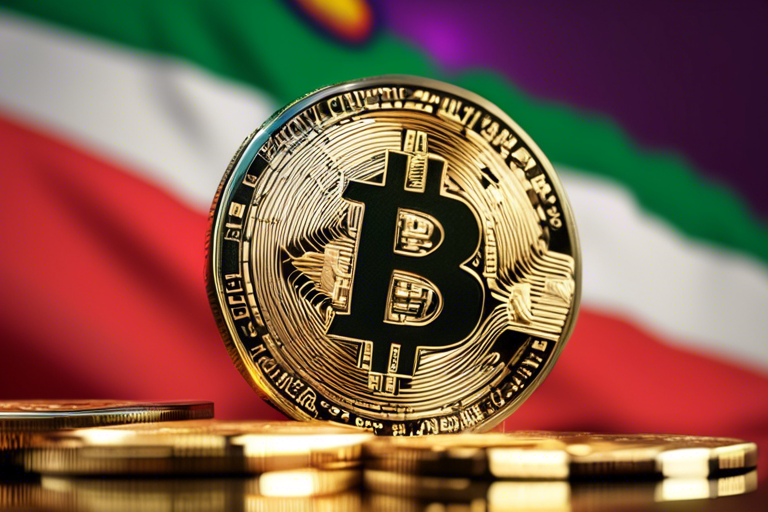Latin American Countries Embracing Cryptocurrencies
Latin America is experiencing a surge in crypto adoption with more countries in the region embracing cryptocurrencies and digital assets. Recently, Bolivia made a significant move by lifting a four-year ban on crypto to “modernize the payment system.” Let’s delve into the details of this development:
Bolivia’s Cryptocurrency Revolution
In a groundbreaking decision on June 26, the Central Bank of Bolivia (BCB) disclosed that it had rescinded a previous resolution banning the use of cryptocurrencies in the country. The earlier Board Resolution N°144/2020, enacted on December 15, 2020, prohibited the use of channels and Electronic Payment Instruments (IEP) for transactions involving Virtual Assets.
- The new Board Resolution N°082/2024 now permits financial entities to engage in transactions with cryptocurrencies.
- This decision was reached in collaboration with the Financial System Supervisory Authority (ASFI) and the Financial Investigations Unit (UIF).
Regulatory Considerations
- The decision was influenced by the Mutual Evaluation of the Plurinational State of Bolivia 2023 – 2024 conducted by the Latin American Financial Action Task Force (GAFILAT).
- GAFILAT recommended that Bolivia regulate Virtual Asset Service Providers (VASPs) in line with the country’s public policy goals.
The acknowledgment of the need for regulation to address challenges in the modernization process highlights Bolivia’s commitment to incorporating cryptocurrencies into its payment system.
Central Bank’s Perspective
Edwin Rojas Ulo, the President of the Central Bank of Bolivia, emphasized the institution’s continuous efforts to modernize the country’s payment system and infrastructure. With the new Board Resolution, Bolivians are set to experience a new mechanism for engaging in financial activities.
The BCB has been at the forefront of promoting the modernization of the national payment system, fostering technological innovations, and enhancing financial inclusion. The new resolution aims to strengthen financial and commercial activities in Bolivia.
Promoting Financial Education and Oversight
ASFI will oversee Financial Intermediation Entities (EIF) to ensure compliance with regulations related to acquiring crypto assets. The authority also plans to provide financial education on virtual assets and their associated risks to the general population.
- Similarly, the UIF will monitor and implement preventive measures to detect suspicious transactions linked to money laundering and terrorism financing.
- Regulatory adjustments will be made to prevent illicit activities involving virtual assets.
Legal Tender Status
Unlike El Salvador, where Bitcoin was declared a legal tender, Bolivia maintains that the Boliviano is the only legal currency in the country. Therefore, there is no obligation for the population to accept cryptocurrencies as a form of payment.
Educational Initiatives
The Central Bank plans to integrate information on the conceptual aspects and risks of using crypto assets into its Economic and Financial Education Plan. The goal is to enhance public awareness and empower Bolivians to make informed decisions regarding virtual assets.





 By
By
 By
By
 By
By

 By
By